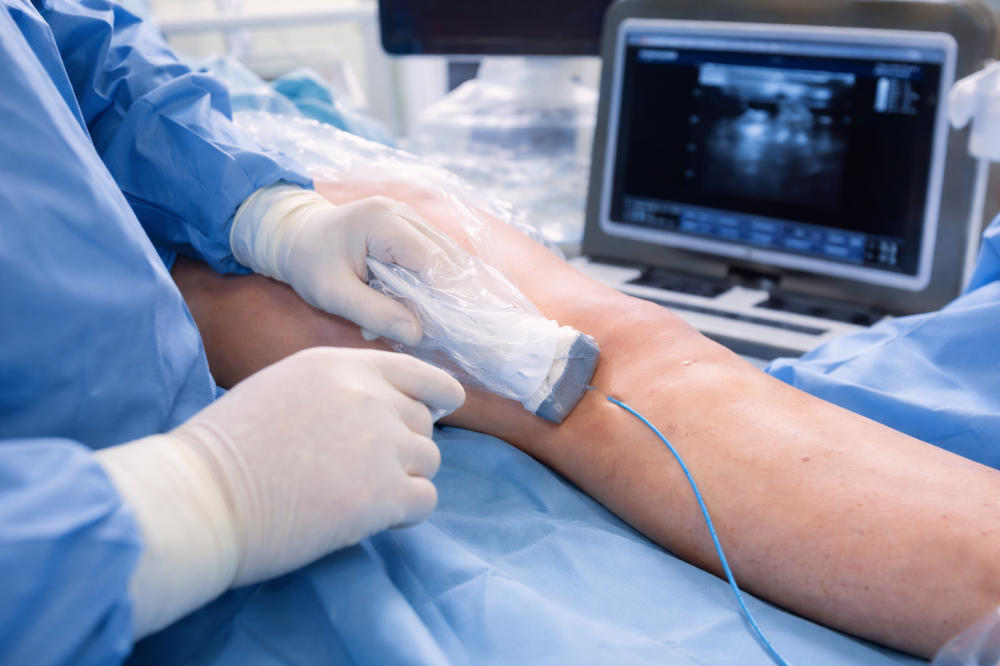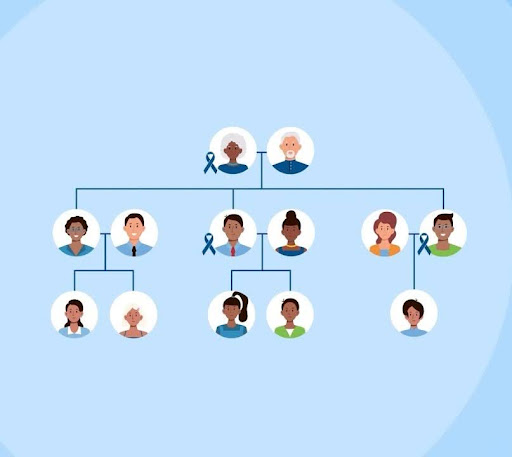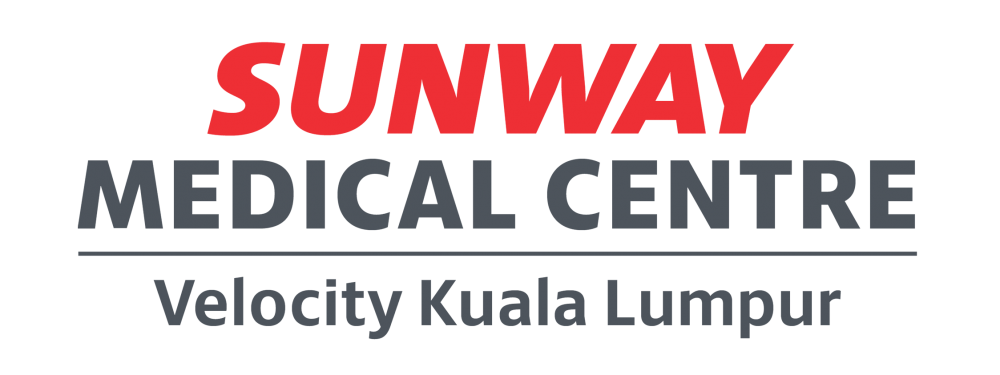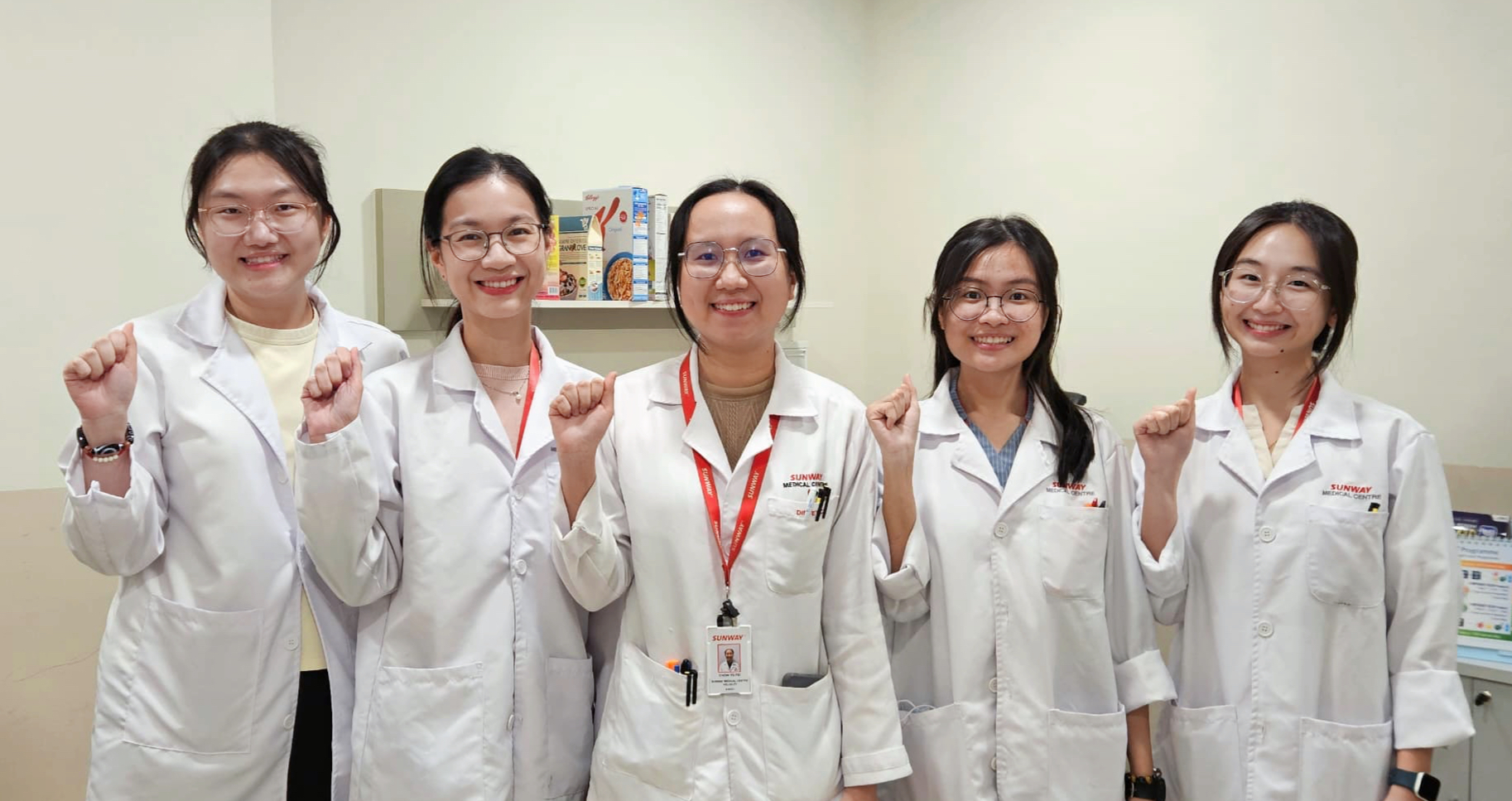More Than Just Weight Loss: How Dietitians Help Patients Recover from Hidden Malnutrition
[In conjunction with Malaysia Dietitian Day special feature]

Disease-related malnutrition (DRM) is more common — and far more serious — than many people realise. It’s not just about being “thin.” DRM happens when the body doesn’t get, or can’t properly absorb, the nutrients it needs while battling illness.
The impact goes beyond weight loss. It affects your muscles, energy levels, immunity, recovery, and even mental well-being. Left unchecked, DRM quietly slows the body’s healing process, making patients weaker, more vulnerable to complications, and more likely to have poorer long-term outcomes.
In conjunction with Malaysia Dietitian Day, we’re shining a spotlight on this important but often overlooked condition. Let’s learn from our experienced dietitians at Sunway Medical Centre Velocity (SMCV), as we uncover how early nutrition support can break the silent cycle of disease-related malnutrition and significantly improve recovery and quality of life.
Why Inflammation Worsens Malnutrition
One of the key drivers of DRM is inflammation. When the body is fighting disease, inflammation increases energy expenditure, breaks down muscle tissue, and often suppresses appetite. That means the body needs more nutrition, but is taking in less. This mismatch leads to a vicious cycle—reduced strength, worsening illness, and delayed recovery.
How Common Is Disease-Related Malnutrition?
DRM is widespread, particularly in hospital settings:
-
Worldwide: Up to 60% of hospitalised patients may be malnourished
-
Asia: More than 40% of patients in Northeast and Southeast Asia are at risk
-
Malaysia: Local studies show 35% to 65% of hospitalised patients are malnourished
Those at highest risk include:
-
Older adults (aged 70+)
-
Patients with chronic diseases such as cancer, heart failure, lung disease, or gastrointestinal disorders
Malnutrition Is More Than Weight Loss
Many people associate malnutrition with weight loss—but the effects go far beyond the scale:
-
Poor response to treatment, increased complications
-
Higher risk of infection and mortality
-
Muscle wasting, frailty, cognitive decline
-
Longer hospital stays and more frequent readmissions
-
Greater demand on medical resources
How Dietitians at SMCV Break the Cycle
At Sunway Medical Centre Velocity (SMCV), our dietitians play a key role in reversing DRM through targeted nutrition support:
Early Identification
Routine nutrition screening is conducted for all inpatients to detect those at risk of malnutrition early.
Comprehensive Assessment
This includes dietary intake, anthropometry (e.g., BMI, weight changes), body composition analysis, and functional status evaluation.
Individualised Nutrition Care
Our dietitians provide tailored medical nutrition therapy—aligned with disease progression, personal needs, and recovery goals.
This proactive approach helps prevent serious complications such as sarcopenia, delayed wound healing, and increased infection risk.
Take-Home Message
Disease-related malnutrition is preventable and treatable. Yet it often goes unnoticed until it’s too late. Dietitians are essential in addressing this silent crisis—ensuring patients receive the right nutrition, at the right time, in the right way.
Early detection, personalised care, and continuous monitoring can significantly improve recovery, quality of life, and clinical outcomes.
Need Guidance from a Dietitian?
Don’t wait until nutrition becomes a barrier to recovery.
Book a consultation with our dietitians at Sunway Medical Centre Velocity
Whether you're managing a chronic illness or recovering from surgery, our dietitians can help you build a personalised plan that restores health, strength, and confidence.
Let’s take the first step toward better nourishment and better outcomes — together.
Was this article helpful?
4 out of 4 found this helpful
Suggest to Read










